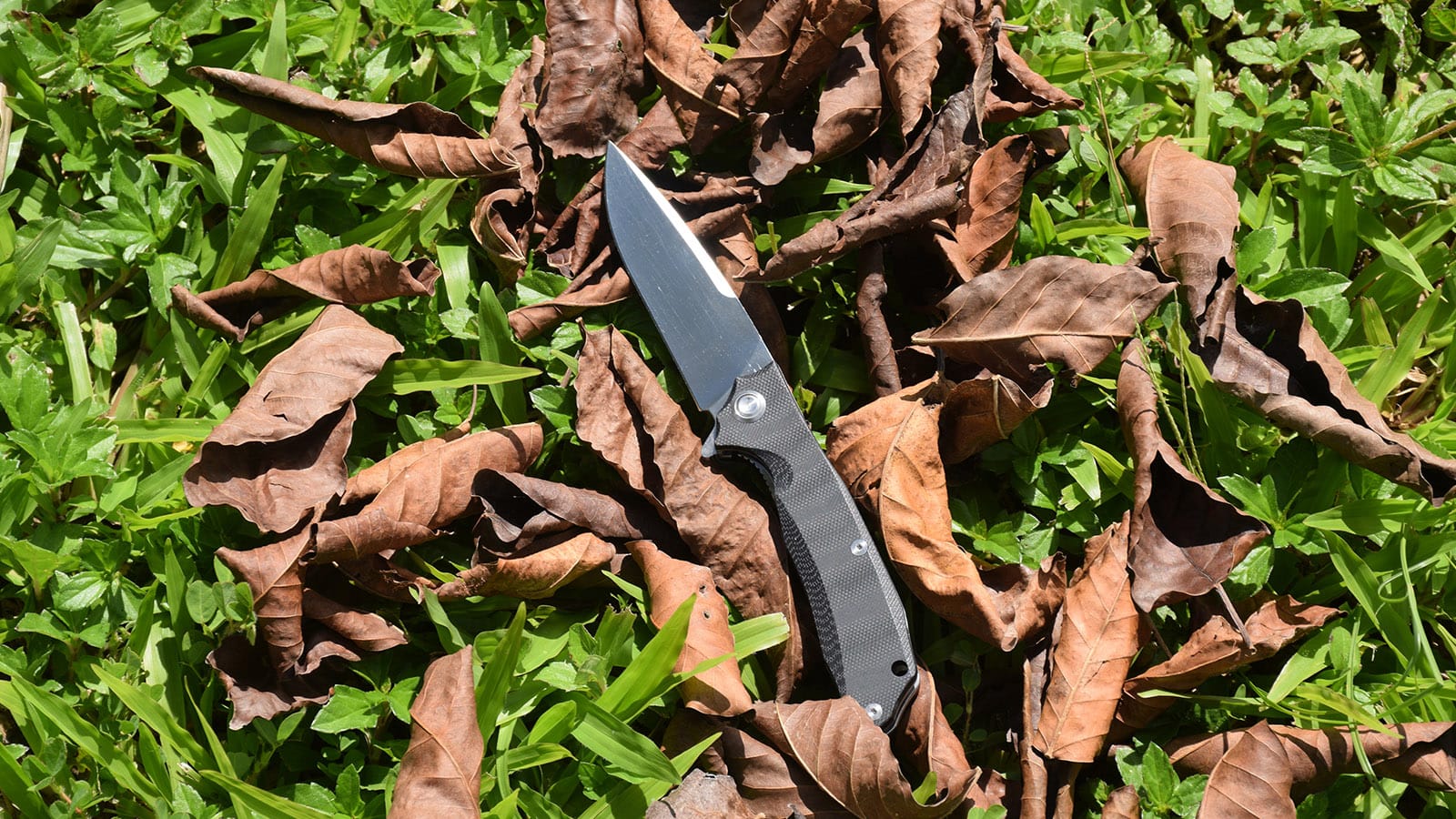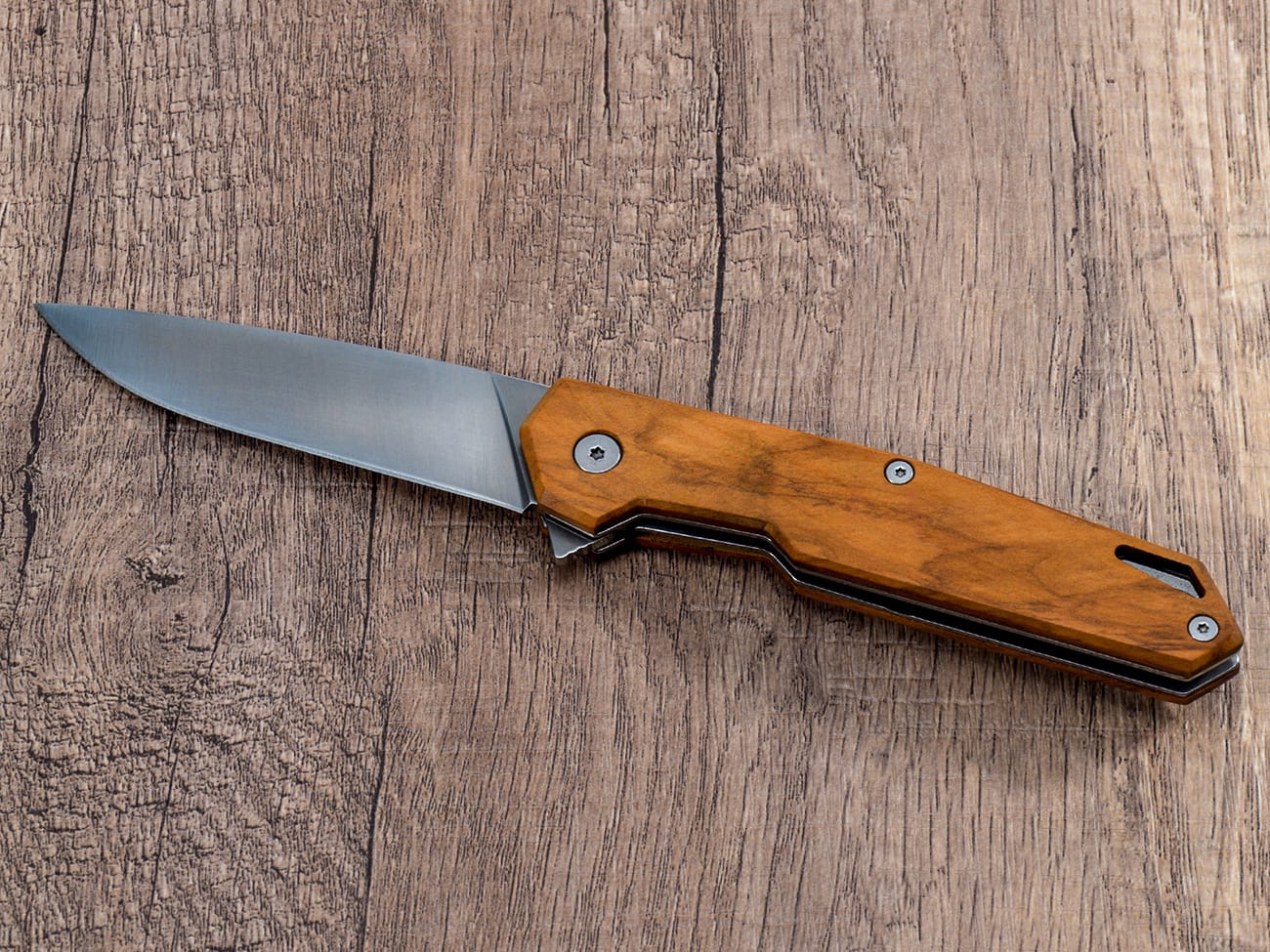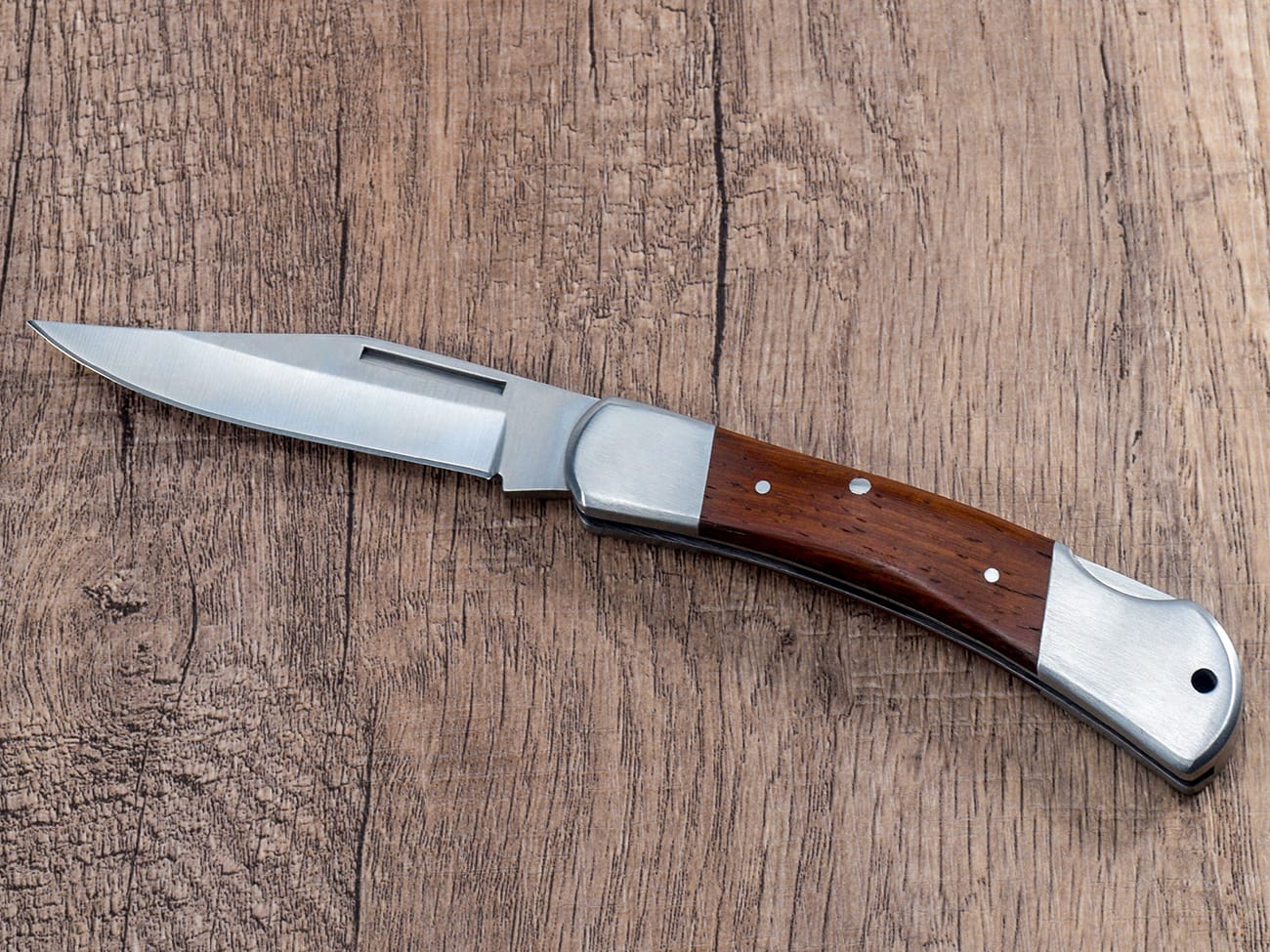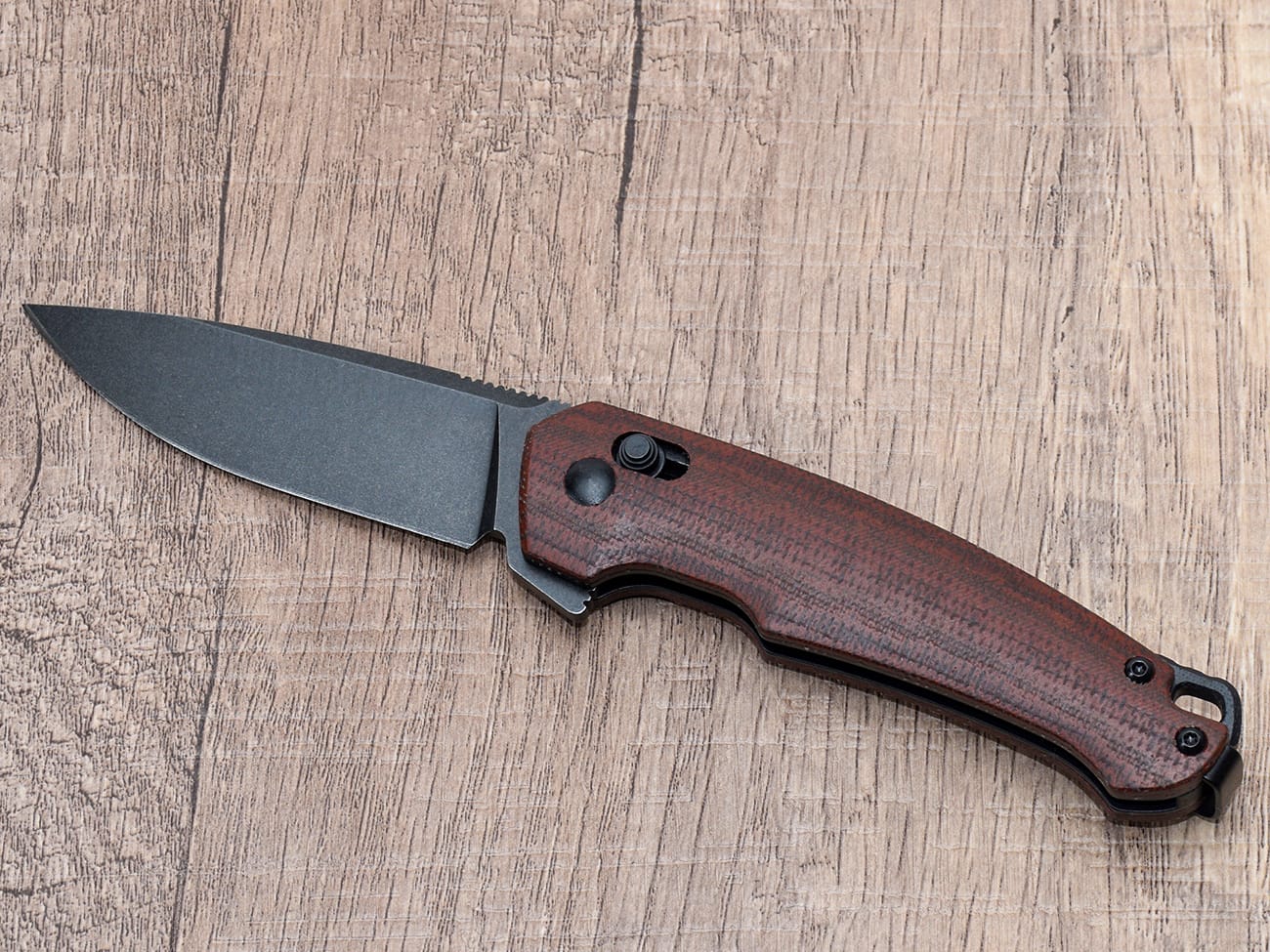Carrying a pocket knife can be a handy tool for everyday tasks, but understanding the legal implications is crucial. This article delves into the complexities of knife laws, focusing on pocket knives, and provides a comprehensive guide on what is legal and what is not. Whether you’re a knife enthusiast or just someone who wants to carry a pocket knife for practical reasons, this article is a must-read to ensure you’re on the right side of the law.
Table of Contents
1. What Are Knife Laws and Why Do They Matter?
Knife laws are regulations that govern the possession, carrying, and use of knives. These laws are essential because they help maintain public safety by preventing the misuse of knives as weapons. Understanding knife laws is crucial for anyone who owns or plans to carry a knife, as ignorance of the law is not a defense in legal proceedings.
2. Types of Knives: Which Ones Are Legal to Carry?
There are various types of knives, each with different legal considerations. Common types include folding knives, fixed blade knives, and automatic knives. Folding knives, like pocket knives, are often more permissible due to their compact nature. However, certain knives, such as switchblade knives and ballistic knives, may be illegal to carry in many jurisdictions.
3. Blade Length: Does It Affect Legality?
Blade length is a significant factor in determining the legality of carrying a knife. Many laws specify a maximum blade length for knives that can be legally carried. For instance, a knife with a blade longer than a certain length may be considered illegal to carry. It’s essential to know the specific blade length restrictions in your area to avoid legal issues.
4. Conceal Carry vs. Open Carry: What’s the Difference?
The terms “conceal carry” and “open carry” refer to how a knife is carried. Conceal carry means the knife is hidden from view, while open carry means it is visible. Laws vary on whether knives can be carried openly or concealed, and these laws can differ significantly between states and even local jurisdictions.
5. Federal Laws on Pocket Knives: What You Need to Know
Federal laws provide a baseline for knife regulations across the United States. While federal laws generally allow the possession of pocket knives, they may restrict certain types of knives, such as switchblades, in specific contexts, like interstate commerce or on federal property.
6. State Laws: How Do They Vary?
State laws on knives can vary widely. Some states have very permissive laws, allowing the carry of almost any type of knife, while others have strict regulations. It’s crucial to understand the knife laws specific to your state to ensure compliance.
7. Local Laws: Why They Matter
In addition to state laws, local laws can impose further restrictions on knife carrying. Cities and counties may have ordinances that differ from state laws, so it’s important to be aware of local regulations, especially when traveling.
8. Are There Certain Knives That Are Always Illegal?
Certain knives, such as ballistic knives and switchblades, are often illegal due to their potential use as weapons. These knives are typically restricted because they can be easily concealed and deployed quickly, posing a higher risk to public safety.
9. What Are the Consequences of Violating Knife Laws?
Violating knife laws can result in severe consequences, including fines, confiscation of the knife, and even imprisonment. Legal penalties vary depending on the severity of the violation and the specific laws of the jurisdiction.
10. How to Stay Informed and Compliant
Staying informed about knife laws is essential for compliance. Regularly check for updates to laws in your area, and consider consulting legal resources or professionals if you have questions. Being proactive can help you avoid legal issues and ensure you can carry your pocket knife legally.

Image: A pocket knife with a G10 handle and pocket clip.
Key Takeaways
- Understand Knife Types: Know the different types of knives and their legal implications.
- Check Blade Length: Be aware of blade length restrictions in your area.
- Know Carry Laws: Understand the difference between conceal carry and open carry.
- Stay Updated: Regularly check federal, state, and local laws for any changes.
- Consult Experts: When in doubt, seek legal advice to ensure compliance.
For more information on pocket knives, visit Pocket Knife, Folding Knife, and EDC Knife.




